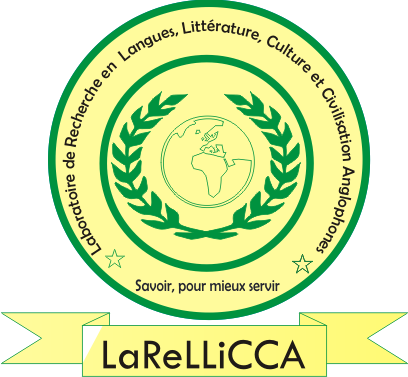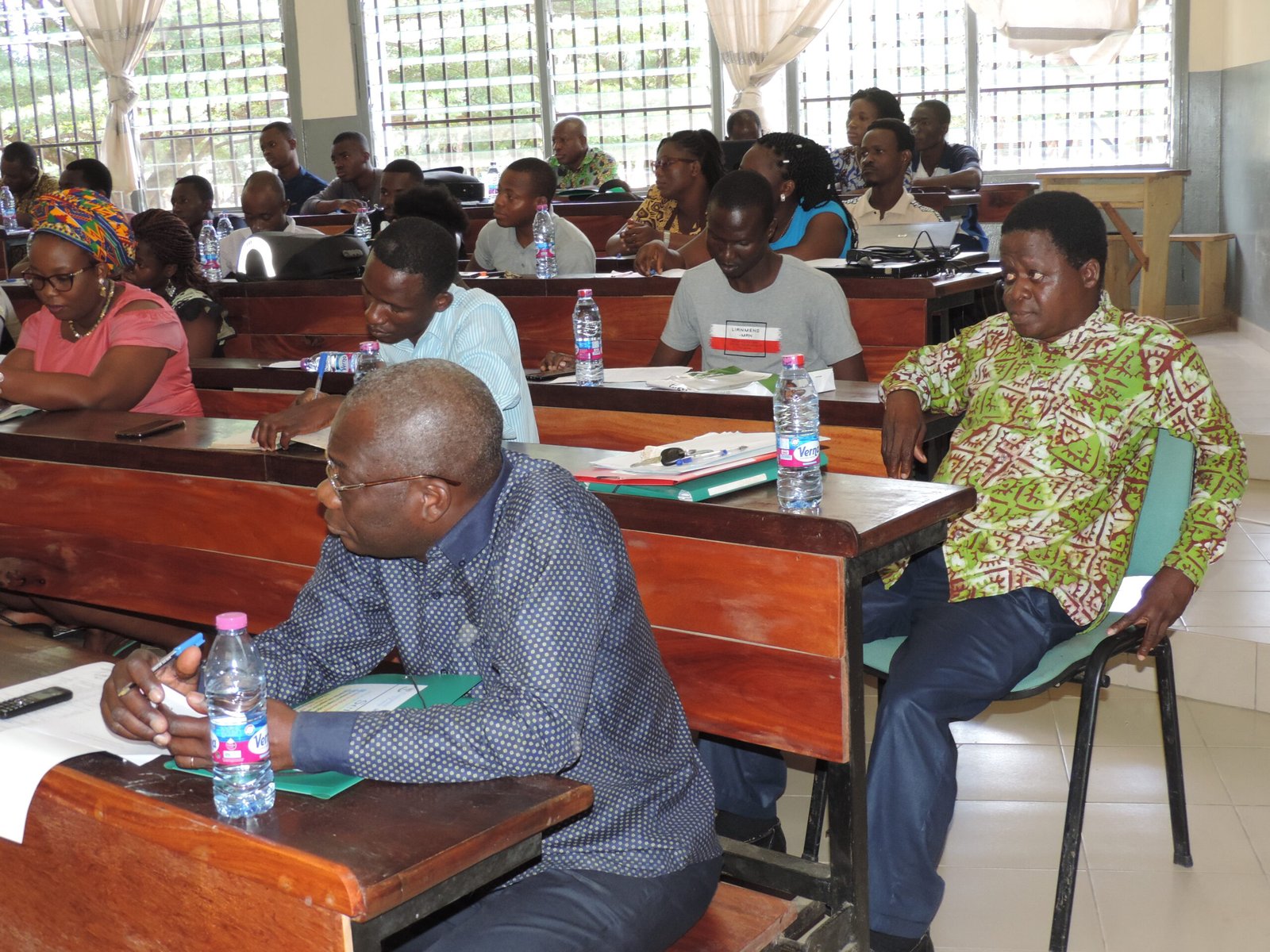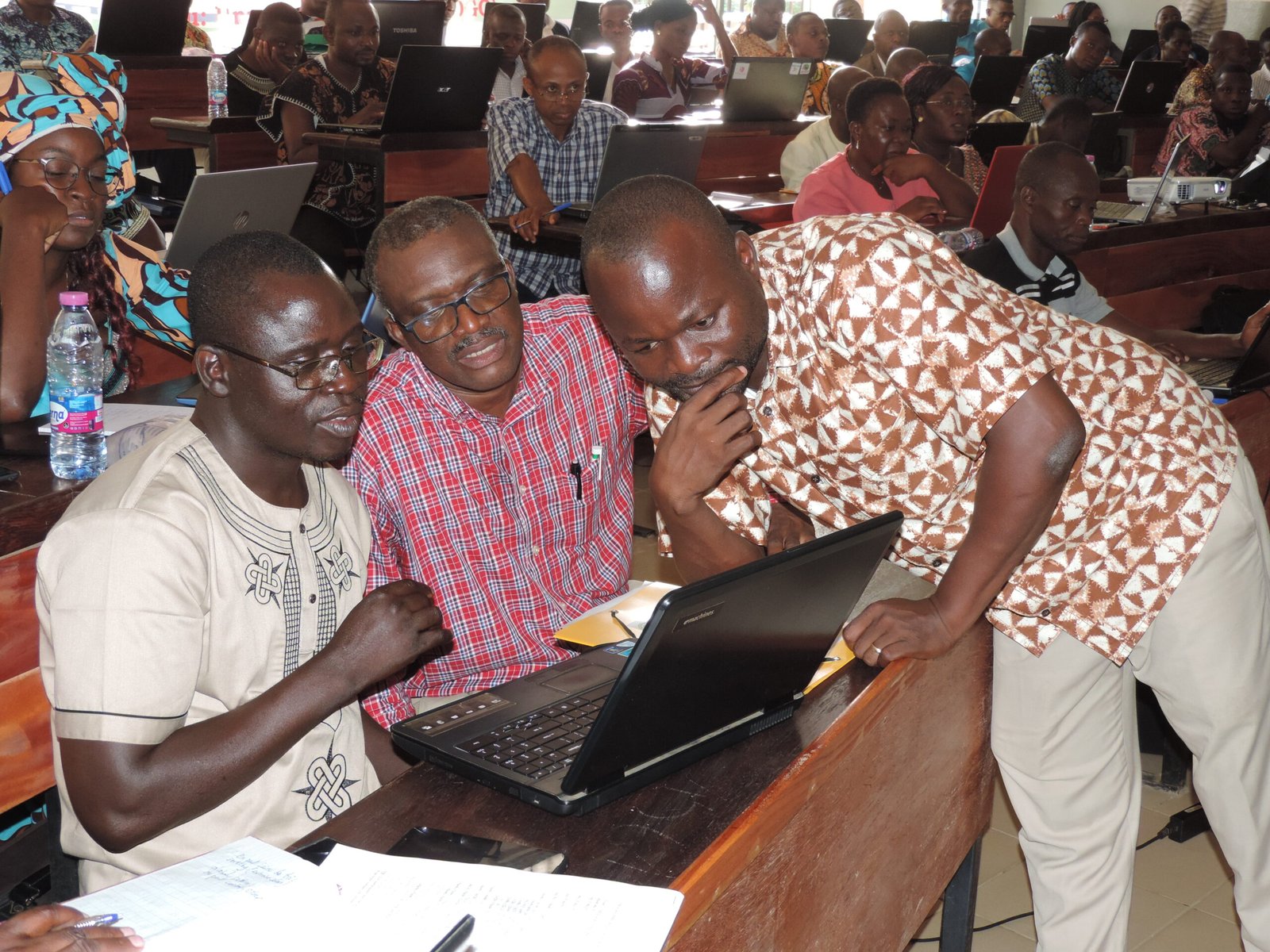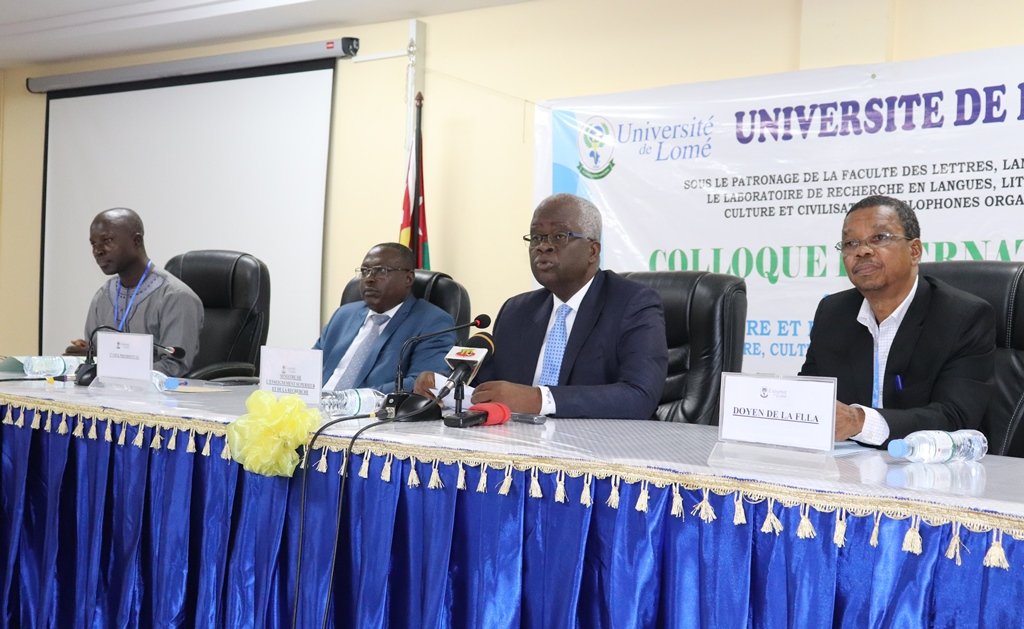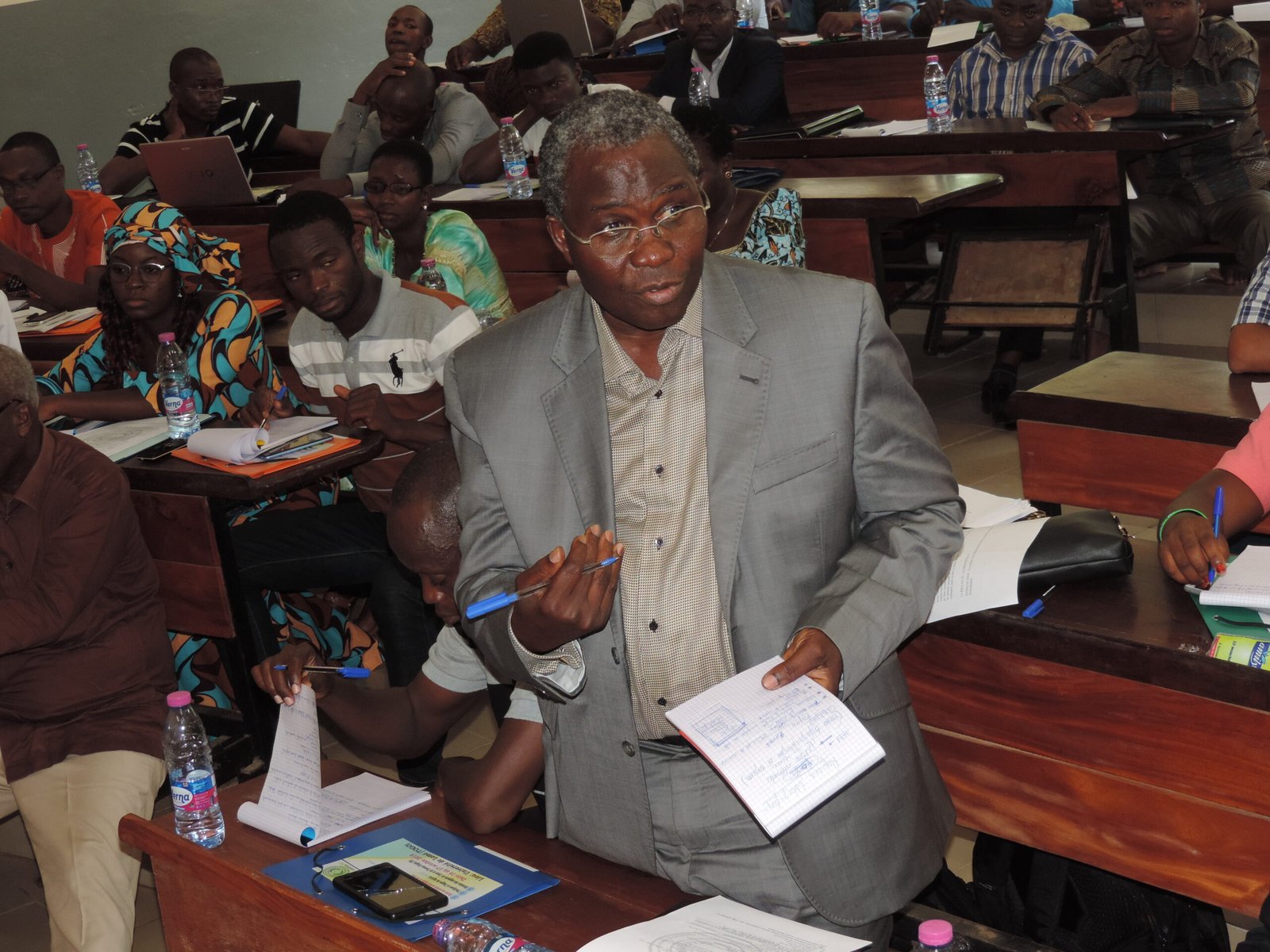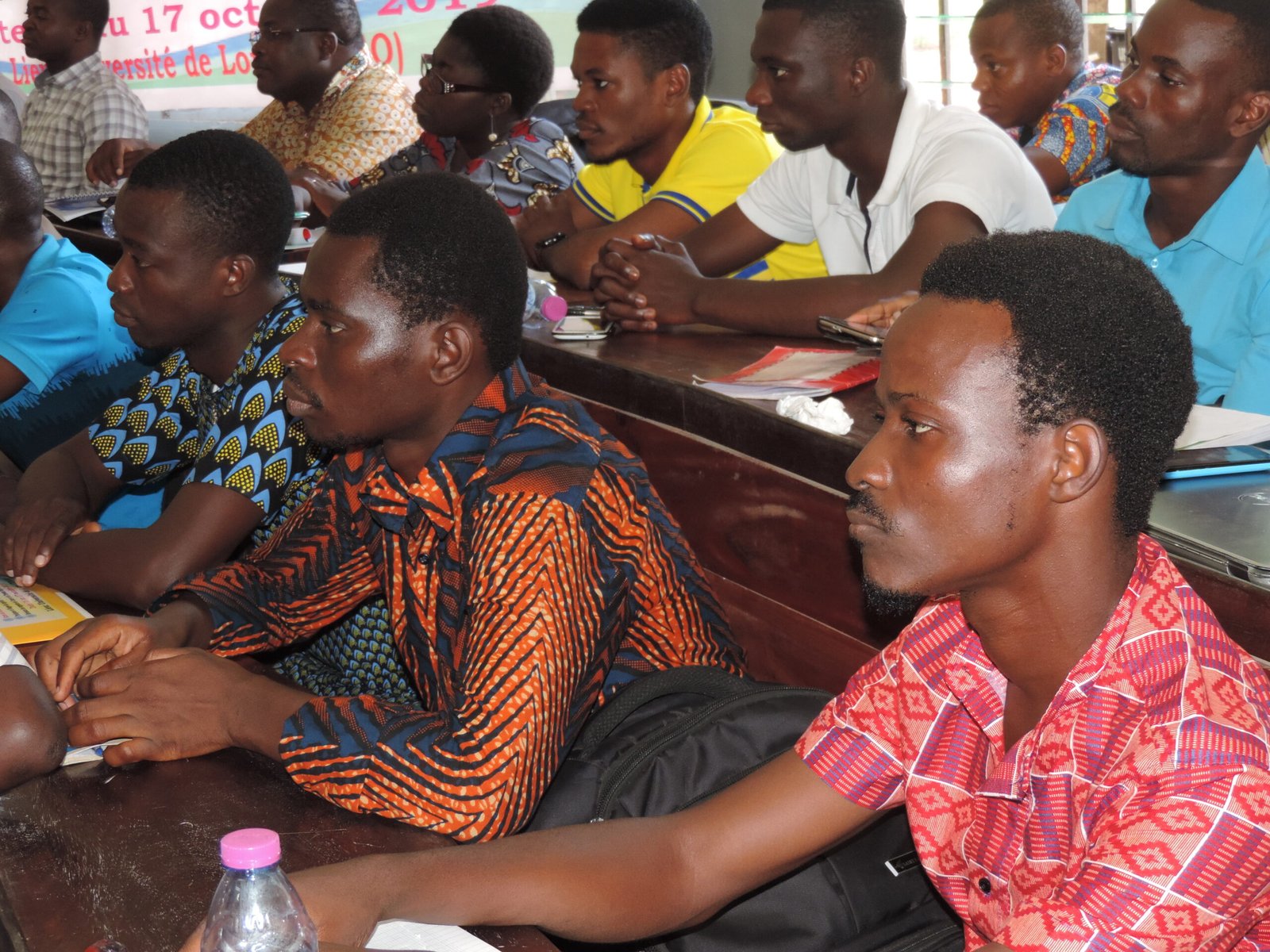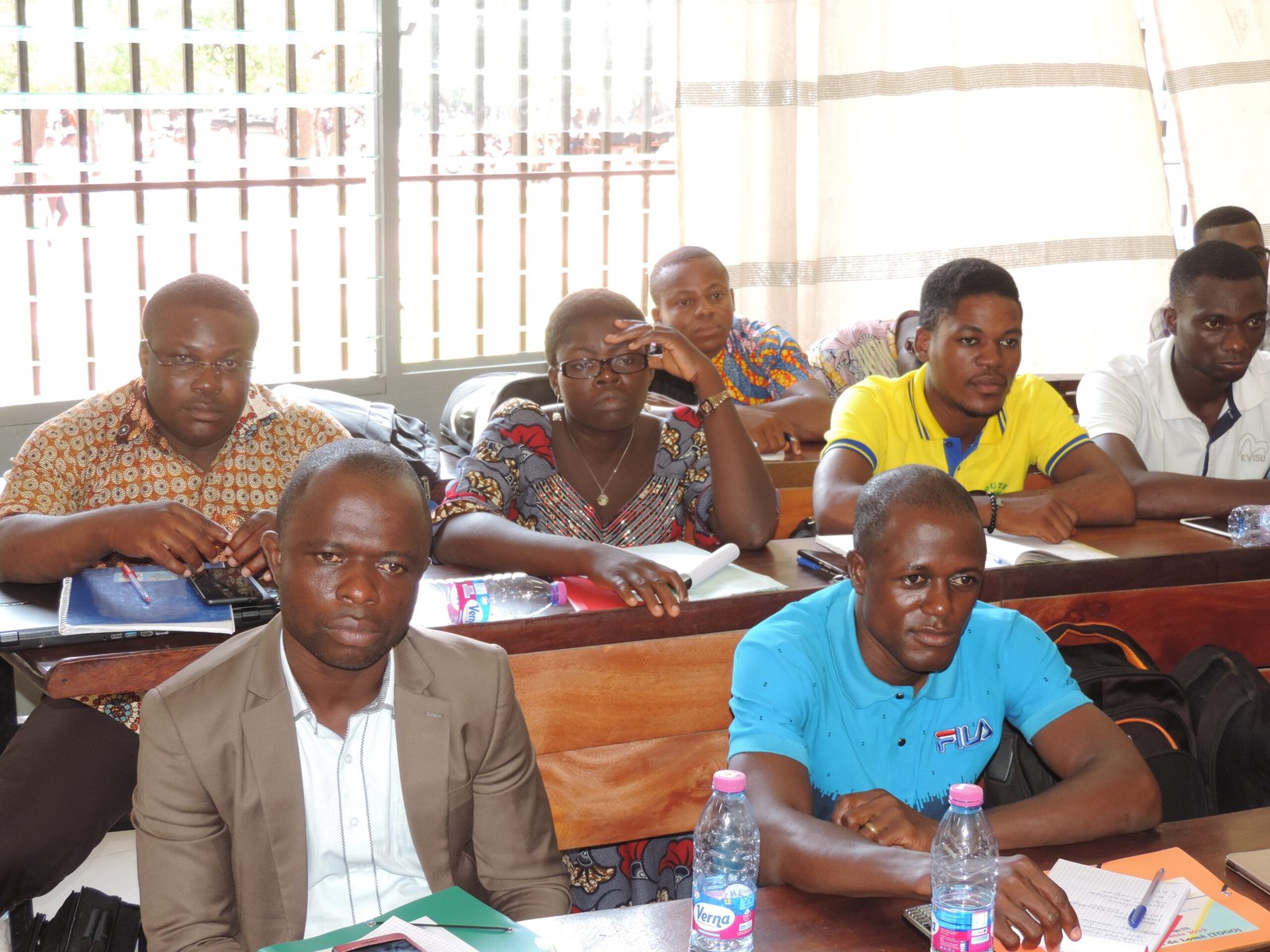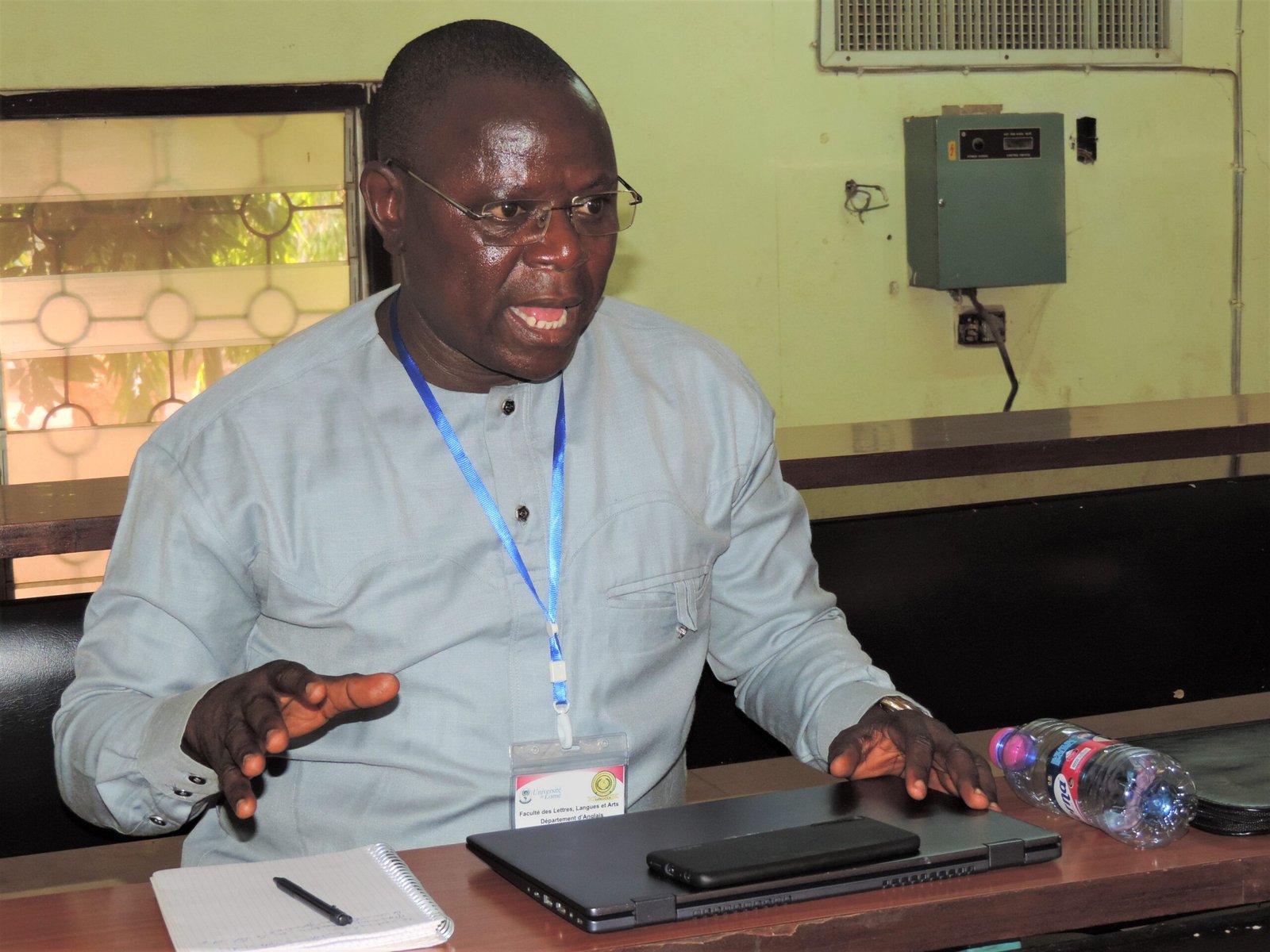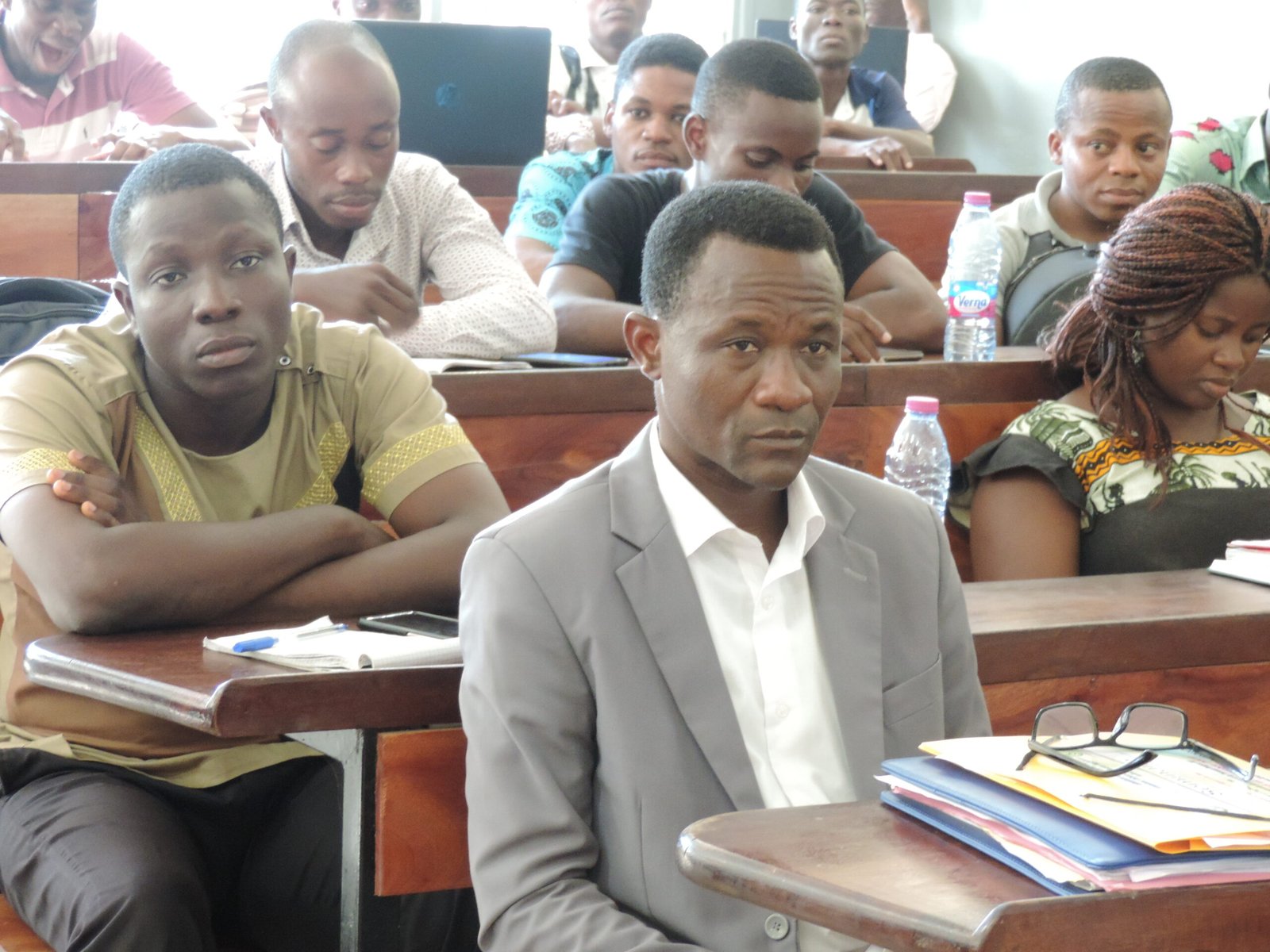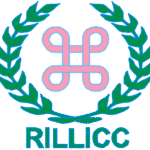ISSUE 1
Article 1: Art éducatif et cohésion sociale : quand l’artiste devient, dans une perspective marxo-benjaminienne, un médiateur de paix
Barthélémy Brou KOFFI
Département de Philosophie
Université Alassane Ouattara, Côte d’Ivoire
broubarthk@gmail.com
&
Fulgence Kouakou KOUADIO
Philosophie politique et sociale
Université Alassane Ouattara, Côte d’Ivoire
fulphilo@gmail.com
Abstract:
This paper advocates peace through educational art. The study points outthat the pervasiveness of class struggles and wars in our societies today leads society to realize that educational art will enable us to build sustainable peace. She asserts on the evidence that violence is a cause of decadence of human societies, a manifestation of alienated political power. Based on demonstrative analyses, the study reveals the impact of Marxian-Benjaminian morality on social classes and inter-state conflicts, ranging from the equalization of opportunities to diplomacy and war ethics to the overcoming of our egos.
Key words: Educational art, social cohesion, aesthetics, war, peace.
Article 2: La problématique de l’éducation en Afrique noire : quelles stratégies pour une approche de qualité au service des communautés et de la paix ?
Mafiani N’Da KOUADIO
Université Félix Houphouët-Boigny
gnamiankadjo@gmail.com
Abstract:
Stability and cohesion are currently on the decline in societies, leading to violence, rebellions and terrorism, which are detrimental to development efforts. Faced with this de-escalation, the West-African sub-region, through joint organizations, is carrying out some large-scale actions to pacify the area. Based on sociological, historical and above all sociocritical data, this study will strive to show that basic education, which is the driving force in the construction of the individual’s personality, can effectively contribute to creating an environment peaceful, for the happiness of the different communities.
Key words: West-African sub-region, stability, basic education, peaceful
environment.
Article 3: Mauvaise gouvernance comme menace à la paix durable : Une analyse du Roman Muzungu de Christoph Nix
Boaméman DOUTI
Université de Lomé
doutthimo@yahoo.fr
Abstract:
This study shows that bad governance, established in African countries since the 1960s, is a source of popular frustration that leads to uprisings and even the formation of rebellions. Based on an analysis of the discourse, which recommends that the narrator’s story of a literary text be seen as a social reality to be assessed, the contribution shows that the current armed conflicts in African countries that destabilize peace and hinder sustainable development are due to the bad governance of African leaders.
Key words: bad governance, popular frustration, rebellion, peace,
sustainable development.
Article 4: Transpoétique et culture de la paix dans Côte de Paix de Dorgelès Houessou
Jean Marius EHUI
Stylistique et poétique
Université Félix Houphouët Boigny, Côte d’Ivoire
ehuijeanmarius@gmail.com
&
Carlos SÉKA
Sémiotique et poésie africaine
Université Félix Houphouët Boigny, Côte d’Ivoire
carlosseka2016@gmail.com
Abstract:
The current study finds that the violence inherent in coups, rebellions, genocide, and terrorism causes significant damage in terms of loss of life and destruction of property. It proposes transpoetics as a paradigm for integrating peoples and maintaining sustainable peace based on the collections of poems Côte de Paix by Houessou. It documents the ways in which transpoetics becomes a new civism, a guarantee of sustainable peace. Tensive semiotics (Jacques Fontanille) is the theoretical framework used to explore the above corpus. The pragmatics of literary discourse is the second approach to account for the linkage of the imagined facts to the surrounding social realities, which can enable us to infer new paradigms of social utility.
Key words: transpoetics, tolerance-plus, integration, semiotics,
education.
Article 5: The Media and the Socio-Political Polarisation in Andrew Marr’s Head of State
Ténéna Mamadou SILUE
British Literature and Civilisation
Université Alassane Ouattara de Bouaké, Côte d’Ivoire
silue_tenena@yahoo.com
Abstract:
This study explores the contribution of the press to the polarisation of the socio-political landscape between the cosmopolitan politicians and the Anglo-centric partisans in Marr’s Head of State. It argues that media discourse has had a significant impact on this socio-political schism. The study builds on Jorgen Bruhn’s concept of “Mediality/ heteromediallity” that connotes that every literary text is produced out of structured constellations or mixture of various elements. This mixedness of the text constitutes its heteromedial or medial aspect. As central to the intermediality theory, Bruhn’s concept of“mediality/heteromediality” has helped us to examine the role of the media in framing the discourse of the pre-referendum socio-political polarity. The study concludes that the socio-political polarisation of Great Britain during the Brexit vote has been strengthened by the impact of the media on political orientations
and social determinism.
Key words: Brexit, Britain, Intermediality, Media, Referendum.
Article 6: Exploring Conflict Resolution in Tsitsi Dangarembga’s Nervous Conditions and The Book of Not
Yao Cebastien KOMENAN
Université Alassane Ouattara, Côte d’Ivoire
komenancebastien@yahoo.fr
Abstract:
The purpose of this study is to explore some strategies of conflict resolution in Nervous Conditions and The Book of Not by Dangarembga. The analysis consists in exploring education as the background achievement for sustainable conflict resolution. The study explores migration as an element of awareness raising reaching out to preventing conflict as a way of promoting youth’s job opportunity for social stability. To reach this goal, postcolonial feminist theory is used as theoretical framework to explain cause-effect relationship in conflict raising and conflict resolution across time.
Key words: conflict resolution, hybridity, men and women, social
stability.
Article 7: Nouvelles et résolution des crises sociales en Afrique
Komi KPATCHA
Université de Kara, Togo
kosimon2011l@gmail.com
&
Adamou KANTAGBA
Université Nazi BONI, Burkina Faso
barbededelimam@gmail.com
Abstract:
In the preface to Aliou Cheik Ndao’s L’Exil d’Albouri (1985), Bakary Traoré rightly discloses that art for art’s sake is an illusion and that there is no such thing as asocial art. All art has a social function, especially in the African context. This axiom is the basis of the present study which, through the exegesis of the diegesis of a certain number of African short stories from the point of view of narratology, aims not only to give an account of the assumption of responsibility by the literary discourse of the problematic of social crises in Africa, but also and above all of their contribution to their resolution. What typology of social crises do the short stories use? What solutions do short story writers suggest for their resolution? These questions are the focus of this research work.
Keywords: Novelette, crises, society, Africa, narratology.
Article 8: Rethinking Cultural Differences in Selasi’s Ghana Must Go
Koffi Noël BRINDOU
Université de San Pedro, Côte d’Ivoire
brindouchristmas@yahoo.fr
Abstract:
This study rethinks the concept of cultural difference in Selasi’s Ghana Must Go. It argues that the Ghanaian and Nigerian characters’ failure to assimilate differences in cultures occasions their psychic and social troubles in both their homelands and the host countries which set them in
holocaust, melancholia and grievance. Using Bhabha’s concept of cultural difference, the study reaches the conclusion that the Ghanaian, and Nigerian characters’ failures to assimilate the differences in cultures sets them in psychic and social troubles.
Key words: Assimilation, cultural difference, grievance, holocaust,
melancholia, tribalism.
Article 9: Gentrification, Gender and the Challenges of Community Dialogue for Sustainable Peace in Toni Morrison’s Sula and Cleyvis Natera’s Neruda on the Park
Selay Marius KOUASSI
Université Peleforo Gon Coulibaly, Côte d’Ivoire
lebonselay@yahoo.fr / lebonselay@upgc.edu.ci
Abstract:
This study discusses the representations of gentrification as challenges to sustainable social peace in Toni Morrison’s Sula and Cleyvis Natera’s Neruda on the Park. From Claude Duchet’s perspective of sociocriticism, which holds that the reader must be interested in the social in the text, and based on feminist literary criticism, particularly on postmodern feminism, which stresses the role of speech acts that ground for gender inequalities, the study argues that the experience of community dialogue, stability, and sustainable peace among ethnic minorities in the United States of America can help build sustainable peace in Africa. And women’s mediating power contributes substantially to building such a peace, notably through actions that ease tensions and strengthen social
cohesion.
Key words: Cohesion, conflict, dialogue, gender, gentrification, peace.
Article 10 : Les paradoxes de l’église dans Réquiem por un campesino español de Ramon Sender
Madéla Seyram BOUKARI
Université de Lomé
kokoboukari@yahoo.fr
Abstract
This study explores the problematic of peace under the responsibility of the church in the imaginary world circumscribed by Ramon Sender’s Réquiem por un campesino español. The study highlights the paradoxes that exist between the church’s recommendations in relation to living together. The sociology of literature, which focuses on the recreated facts of society, and linguistic semiotics, which highlights the textual form in which the social is expressed are the methods I will use in this research. The study has reached the conclusion that it is the responsibility of the church through its corpus leaders, to ensure social harmony, development and sustainable peace.
Key words: paradox, church, society, memory, peace
Article 11: Body of Difference and of Desire in Barbara Chase-Riboud’s Hottentot Venus (2003)
Alphonsine Ahou N’GUESSAN
Université Félix Houphouët-Boigny, Côte d’Ivoire
ahounguessan03@gmail.com
Abstract
South-African historical and mythical figures have continental dimension in so far as writers have depicted them in their works. This study discusses the hegemonic colonial South-African society, culture and tradition against the background of Western hierarchy and duality of difference. The paper brings into focus the exploitation of women who have developed through the commodification and the objectification of the female species. Under Post-colonialism and Jacques Derrida’s “différance” that operates at the heart of difference, dichotomy, the discussion concludes that praises of the culture of difference reinforces conditions of the debasement of the Other.
Key words: hierarchy, difference, desire, commodification, objectification.
Article 12: Eternalism and Crisis of Identity in Yvonne Vera’s Without a Name
Kemealo ADOKI
Université de Kara-Togo
reineadoki@gmail.com
Abstract
This study revisits the socio-cultural, spatial and political functions of eternalism and identity in the remaking of the African society. It posits that conflicts resulting from socio-cultural and political crises can be solved though a rethinking of human dignity. Eternalism stresses the coexistence of the past and future. Through the psychological criticism which underscores the unconscious mind through symbols in dreams and postcolonial criticism in response to crisis, conflict and deprivation, the study has found that when challenges from within and without a human being are taken up, sustainable peace can create flourishing world. The study urges individuals to break away from the oppression through social commitment, and restrictions for self-awareness.
Key words: conflict, crisis, eternalism, identity, postcolonialism
Article 13: The Attempt of Irredentism in Mali: Root Causes, Features and Perspectives
Talagbé EDAH
Etudes africaines et postcoloniales
Université Cheikh Anta Diop de Dakar, Sénégal
talagbeedah@gmail.com
Abstract
The discomfort of the Tuareg people since the colonial era has been a time bomb. The dereliction reinforced by structural and political factors baffled the national and social cohesion and the chaos was to come if it were not for the French military intervention. This study sheds light on how the North-South dialectic undermined sustainable peace and security, political vacuum and escalation of violence in Mali. It also emphasises geopolitical stakes since the Republic of Mali has become one of the strongholds of terrorists in West Africa. Through the investigation of literature on conflicts in Mali, postcolonial approach in the analysis of conflicts, the study has come to the conclusion that more political transparency is needed from Mali and its partners to make a headway.
Key words: Cohesion, dereliction, dialectic, irredentism, precipice, strongholds, vacuum.
Article 14 : Langage fiscal en langue maternelle du contribuable et paix durable: cas de l’agni en Côte d’Ivoire
Munseu Alida HOUMEGA-GOZE
Université Félix Houphouët-Boigny, Côte d’Ivoire
houmega@yahoo.fr
&
Rose-Christiane AMAH ORELIE
Université Félix Houphouët-Boigny, Côte d’Ivoire
oreliaoseassie@gmail.com
Abstract
As important tool of economic and social policy, taxation allows development of states. This makes tax management a sociological and sociolinguistic reality insofar as the taxpayer must appropriate the tax language regardless of his mother tongue in order to be able to honor his tax commitments. When they are not honored, this can lead to serious tensions and even clashes. The objective is to show that the use of the Agni language in tax language in rural areas can prevent social tensions and contribute to maintaining a climate of peace.
Key words: rural, fiscal management, sustainable peace, sociology
Article 15 : Les emprunts comme phénomènes d’intégration linguistique en ajagbe
Dovi YELOU
Université de Lomé
yelouguillaume@gmail.com
Abstract
This study highlights the importance of borrowings of English and French origin as a phenomenon of linguistic integration in the use of Ajagbe by its speakers. Methodologically, data collection was done taking into account the mixed context of Ajagbe and English on the one hand and Ajagbe and French on the other. The data collected is processed and transcribed using the International Phonetic Alphabet (IPA: 2005). Through the “dialectology” based on diachrony and whose unit of analysis is the item, the study points out that the phenomenon of integration is present under different linguistic orientations according to the different uses that are made of borrowings within the language under study.
Key words: borrowings, linguistic integration, sociolinguistic fields, dialectology, diachrony
Article 16 : La parenté à plaisanterie en pays kabiyè : de la dimension littéraire aux implications sociales
Yao TCHENDO
Université de Kara
yaotchendo@gmail.com
Abstract
The joke of kinship is an ancestral tradition of Kabiyè cultural heritage that has been reduced to a state of survival by modernity and the mixing of peoples. In a context of acculturation of young generations, a reflection on endogenous cultural expressions that contribute to improving the living together is worth considering. The objective of this study is to correlate kinship jokes with social cohesion. The study is based on Geneviève Calame-Griaule’s theoretical Ethnolinguistics, Antonin Artaud’s theatrical approach and on the use of oral sources as a methodological approach reaching out to the result that theatricality and the strengthening of parental bonds, dear to the culture of peace, are the two sides of this tradition that we have analyzed.
Key words: Tradition, joke of kinship, theatricality, strengthening of parental bonds, culture of peace
Article 17 : Gouvernance et culture, les fondements d’une paix durable au Burkina Faso
Babou DAILA
Université Joseph KI-ZERBO
Sciences du langage
baboudaila51@gmail.com
Abstract
The study shows that politicians are at odds with the cultural values of society. The concern in this subject is justified by our desire to find niches that promote peace through governance whose roots are deep in our cultures. The purpose is to show how governance built around culture is more likely to guarantee sustainable peace. By adopting an anthropological approach, supported by documentary research coupled with an observation of political practices in Burkina Faso, our study has found that governance steeped in culture is able to meet the needs of the population and therefore, promote peace.
Key words: culture, governance, peace, society
Article 18 : La parenté linguistique, un argument en faveur du dialogue intercommunautaire
Essobozouwè AWIZOBA
Université de Kara, Togo
essobozou@gmail.com
Abstract
All over the world, languages differ from one another. The linguistic and cultural difference is often a source of misunderstanding, contempt and even conflict between communities. This study examines linguistic kinship in a comparative approach to determine its contribution to intercommunity dialogue in the perspective of a lasting peace. A lexical comparison between Lama and Gurma languages is carried out in order to achieve this goal. The study reveals that despite the difference, there is still evidence of kinship which can be used for the benefit of ongoing dialogue between all the peoples speaking the aforementioned languages.
Key words: linguistic kinship, inter-community dialogue, Lama, Gurma, sustainable peace
Article 19 : Marchés à bétail et cadre de vie des populations à Abidjan
Thomas GOZE
Equipe de Recherche Espace Système et Prospective (ERESP)
Institut de Géographie Tropicale (IGT)
Université Félix Houphouët-Boigny Abidjan-Cocody, Côte d’Ivoire
dadeagoze@gmail.com
Abstract
This research raises the problem of the degradation of the environment and living conditions of the people living near livestock markets in Abidjan. In this capital city, the consumption of meat covers only 40% of the total population’s consumption. Among the efforts made to ensure food self-sufficiency in this area is the creation of livestock markets. The objective of this research is to show the impact of these markets on the living environment of the local population. The methodology adopted is based on documentary research, observation and field surveys. The results show that the markets operate informally. They are a source of job creation and income. However, these markets contribute to the degradation of the living environment of the local populations. Management by the public authorities is needed to better integrate these sites into the urban fabric of Abidjan.
Key words: Livestock markets, living environment, resident, urban fabric, Abidjan.
